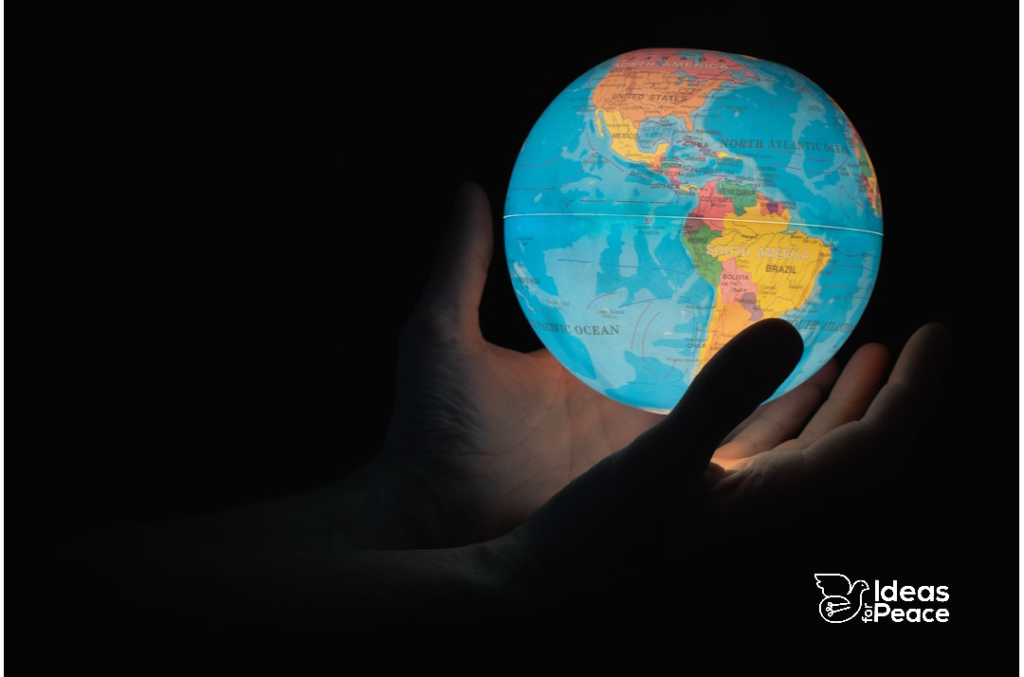Historia política de Centroamérica: una lucha incesante

Historia política de Centroamérica: una lucha incesante Autor: José Alberto Umaña Salguero Los países centroamericanos se caracterizan por ser los que menos extensión territorial poseen en el continente americano, y a su vez, por haber recorrido un pasado colonial común. Belice, Guatemala, El Salvador, Honduras, Nicaragua, Costa Rica y Panamá compartieron historia como parte del […]
Switzerland’s “Minaret Conflict”
Switzerland’s “Minaret Conflict” Author: Lucy Dubochet Originally Published at Peace and Conflict Monitor on 10/06/2008 I. Description In 2006 and 2007 a few Muslim communities had requested building permits to add a minaret to their mosques. In many cases, although local administrations had considered that there was no legal basis to reject these demands, […]
Nigeria: Fuel subsidy removal and the national crisis
Nigerians were taken by surprise earlier this year when the government dropped fuel subsidies, a move which effectively double the cost of living for many, and prompted massive protests. Labour organizations, #OccupyNigeria groups, unemployed youth, and many other Nigerian citizens have since begun to cross religious, geographic, age, and class divides to seize this historic opportunity and participate more effectively in the political process. In this article, Fatima Kyari Mohammed shares her insights, and some of her photos.
A Tale of Nationalism and Dissidence
Cultural disconnect is at the heart of Cameroon’s political incongruity. Split in two, the government falls in the hands of the Francophones, natural resources in the hands of the Anglophones.
Ecuador: Protest and Power
An additional tally for the Left. Correa, a young economist endorsed by Venezuela’s Chavez, won the run-off elections in Ecuador 26 November 2006. Although he’ll will swear-in with little or no dispute over the election results, Ecuador’s presidency can appropriately be compared to the unkept roads that clamber through the Andes. Guy Hedgecoe analyzes the bumpy boulevard and shift to the left ahead.
The Logic of the Coup
The Logic of the Coup Author: Ajong Mbapndah Laurean Originally published at Peace and Conflict Monitor on 03/15/2006 In loose terms a coup d’etat can be defined as the unconstitutional action of acceding to political power, often with the use of force. The military often uses this method of taking power, and for a long […]
Structural Violence and the International Political Economy
In the contemporary world, the phenomenon we call globalization has brought to life ideas and predictions previously thought impossible. There has been a global diffusion of information technologies and communications, such as the internet, cell phones and satellite television; the facility of international travel; the increased accessibility of consumer goods and services; and the sharing of unique cultures and customs. While on the surface these realizations seem undoubtedly advantageous, they are not without their own serious downsides. Most notable is the fact that as globalization gained influence in the world, largely throughout the 1990s, the actual number of people living in poverty had increased by almost 100 million(1). To make sense of this dark irony, this increasing polarization between haves and have-nots, we must examine the underlying causes and systems driving the distribution of wealth and debt in the twenty-first century. Broadly, such a system might be referred to as the international political economy
You can’t make a deal with the dead
You cannot negotiate with dead men. MI6 and, eventually, the British government recognised that a political struggle requires a political solution. However brutal the IRA’s day-to-day terrorism, a strong, coherent republican leadership was in the strategic interest of the British state.
Post tenebras lux
The Burundi war is sordid like all the other wars in the world. For this reason it must not be singled out. Burundi is plunged into mourning by a violence that the international community, out of ignorance or oversimplification, tends to simply portray as an ethnic war between Hutus and Tutsis, fanned by ancestral antagonism between these two communities. It’s utterly wrong. The Burundi war is complex and frightfully modern. It is a war for trifling political power and control of the resources. It simply uses the most fallacious pretexts (ethnic group, region, political affiliation) to disguise its true face. In so doing, it utterly resembles so many other armed conflicts in the world
Nonviolent Resistance and the Rise of the Feminine
Rebecca Reeves reflects on the Great Shift of 2012, the balance of masculine and feminine qualities in social and political struggle, and the potential for meaningful transformation in the way peace is conceived of and practiced
